There are several reasons why my autistic kid has poor social skills. A lack of…
My Son’s Symptoms Of Autism From The Time He Was An Infant
I receive a lot of messages on the Ninja Housewife Facebook page (go like it if you haven’t already) from parents of special needs kids asking for advice. Honestly, I’m not qualified to give advice. I only know what I know based on experience with my Ayub.
Every child is unique, regardless of whether or not they have special needs. So what worked for Ayub, may not work for your child. And what worked for your child, may not work for Ayub.
Anyway, one of the questions I get the most is what are the symptoms of autism. You can Google the question for answers. I can only share the symptoms that Ayub showcased. He does not have trouble with eye contact, which is what threw off a lot of doctors for many years. Autism is a spectrum for a reason. There’s just such a wide range of symptoms, skills, and levels of disability. Hope this helps.
Ayub’s symptoms of autism
1. Constant meltdowns during the day
I used to think these were tantrums. They are not. Tantrums are what happen when a toddler doesn’t get their way and they use this ‘tactic’ to manipulate you (sorta). Ayub had meltdowns. Not because he wanted his way, but because of the following reasons:
- Frustration – when his game didn’t go as planned or when he tried to explain something and no one understood. Frustration is the biggest trigger and so many things lead to frustration for this little fella, though he’s much better now at handling it.
- Over-excitement – especially when we’re playing and the game is just too exciting, he doesn’t know how to react and just loses it. He’d be laughing and laughing and then just explode into tears and fear.
- Sensory overload – Ayub is ok with lights, but not ok with sounds. These sounds trigger meltdowns for him: too loud, too high-pitched, too repetitive, static (from the radio or speaker).
- Too much attention – He’s fine with crowds of people, but cannot handle too many people giving him attention at a time. Big family gatherings where everyone knows him and wants to touch him or talk to him are too much. He needs his personal space.
Meltdowns started from the time he was a baby, was at its worst when he was around 5, and consequently subsided when Mr Ninja came into our lives.
Mr Ninja’s arrival brought stability, security, and predictability to our lives, and that made all the difference to Ayub. We also found him an awesome small kindergarten with amazingly supportive teachers, and he would soon start weekly therapy at Oasis Place.
2. Night terrors that woke up the whole house
Ayub used to suffer from terrible night terrors from the time he was an infant until now. Screaming and flailing his body around as though he’s in tremendous pain. It’s very frightening to watch.
He’s much better now that we limit exciting activities during the day.
3. Speech delay and overall poor comprehension
This was the biggest and most apparent symptom that I kept pointing out to doctors, all of whom dismissed.
Children are supposed to be able to say 50 individual words and link 2-word phrases by the time they are 2 years old. Ayub could do this, which is why speech therapists (in goverment hospitals) and other doctors claimed he was fine. But this is what I saw from him:
- A vocabulary that didn’t grow at a normal pace
- Vocab was made up of kinda strange words (no, dirty, spider, spiderman, dinosaur, robot, computer)
- Pronunciation was poor, and still remains poor (no, ditty, pyder, pydermen, dinodor, dodot, pomputer)
- Couldn’t say a full sentence until he was 5, and even then the grammar was very incorrect
- Couldn’t answer simple questions (how are you? how old are you? what’s your name?)
- Couldn’t follow a conversation (he would ask a question then not “hear” the answer)
- Still can’t repeat a simple phrase that is spoken to him (his words get jumbled and the meaning of the phrase is lost)
Yeah, there’s a lot with Ayub’s speech. He still attends weekly speech therapy with his beloved Emma, which has done wonders for his communication, but he still has a long way to go.
Here’s a video of him speaking at age 3. If your child sounds like this, please seek professional assessment.
4. Inability to pick up non-verbal cues, including facial expressions
Ayub continues to struggle with this. It’s very difficult to teach non-verbal cues because it’s something that most of us pick up as infants. The tone of a voice, the body language of a person, the complexities of a facial expression.
Tone of voice
For Ayub, if you’re loud, you’re angry. He can’t pick up on different tones and the meaning behind them based on the context they are spoken. It’s really a lot of information for your brain to process all at once if you think about it. A whisper can be menacing and threatening or it can be fun and silly. Ayub can’t tell the difference between the two.
Body language
When shown pictures of different staged situations, Ayub cannot understand what is going on. For example, there was a picture of a girl looking defeated with her body slumped and shoulders up. In the background was a group of kids looking in her direction, some pointing, some covering their mouths, some whispering to one another, others laughing.
From my explanation of the picture, would do you think is happening?
The little girl is being bullied by the other kids. Ayub’s answer was that they were playing together because some of the kids were laughing and therefore happy. The girl was not crying so she was not sad. This is his struggle with reading social situations and making friends. Sweet Ayub.
When shown a picture of a boy with a shocked face and a cookie jar lying broken on the floor, with a man standing over him smiling with an eyebrow raised but with his arms crossed, Ayub had no idea how to explain what was happening. He’s much better at inference now though.
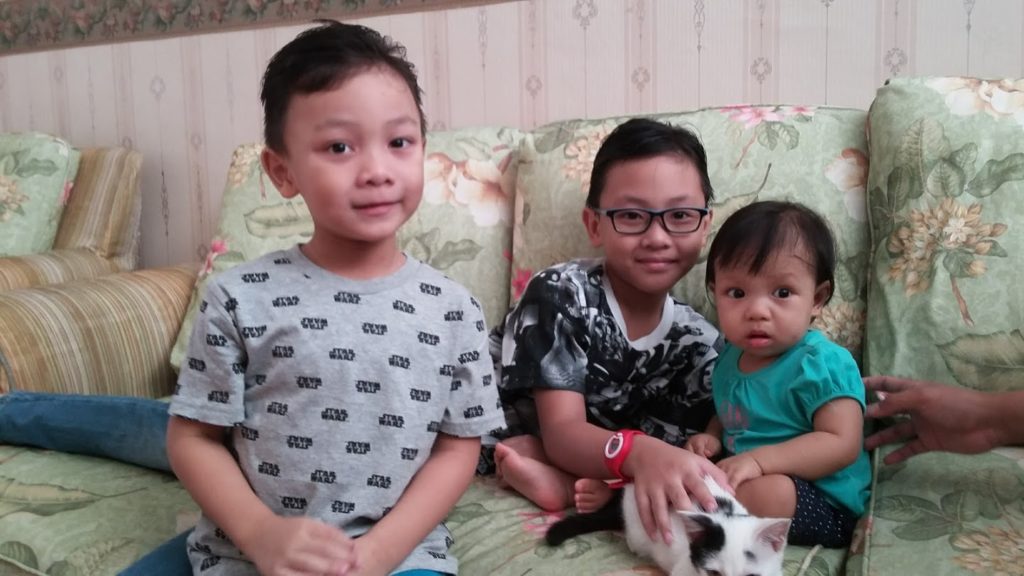
Ayub is WONDERFUL with animals. They all adore him. Babies too.
Facial expression
When shown illustrated pictures of a person’s face, Ayub is only able to point out “happy”, “sad”, and “angry.” They are the most obvious. Human emotions are complicated. He cannot comprehend “embarrassed”, “proud”, “annoyed”, “cheeky” and stuff like that.
Everything is either happy, sad, or angry. When he was 5, he would draw our family portraits. He would draw himself as happy, Sulaiman as sad, and me as angry. That’s how he categorised emotion. I asked him why I’m always angry in the drawing and he would say because I always shout and am angry with him. But actually, it’s because my voice is just really loud. So he thought I was angry. Sometimes I’m angry. But not all the time. It’s hard to explain his beautiful brain.
5. Easily distracted by everything
Ayub cannot sit near a screen or window when we have a meal. He will not be able to eat. He can be lifting a spoonful of food to his mouth and he’ll see something out the window and will completely forget to put that spoon into his mouth. Just frozen in time.
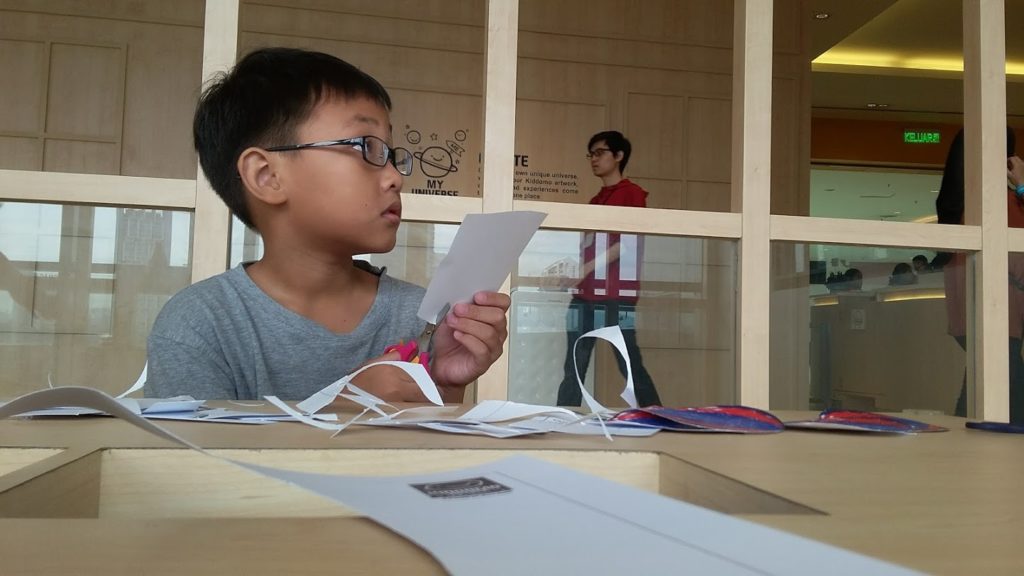
Ayub distracted by the screen on the wall playing nursery rhymes, halfway through cutting his paper with scissors.
Once I asked him what he was looking at outside the window that was so interesting he had to stop eating. He replied that he saw a bird, so he wondered where the bird was going, then he thought the bird must be making a nest, and that the bird has babies, and that the bird is going to look for food for her babies in the nest. Birds eat worms. Worms live in the ground. Worms are not insects. My favourite insect is the emperor scorpion. Who would win in a fight between an emperor scorpion and a tarantula?
Ayub’s thought process is like someone high on weed honestly. You fall into a rabbit hole.
6. Hyperactive, constantly moving and shaking his body
Ayub is learning to control his body in occupational therapy. From the time he was little he’s always been on the move. When all he could do was lie on his back and not even roll over, he would kick and flail his arms non-stop until he’d be super sweaty. He was a super muscular baby.
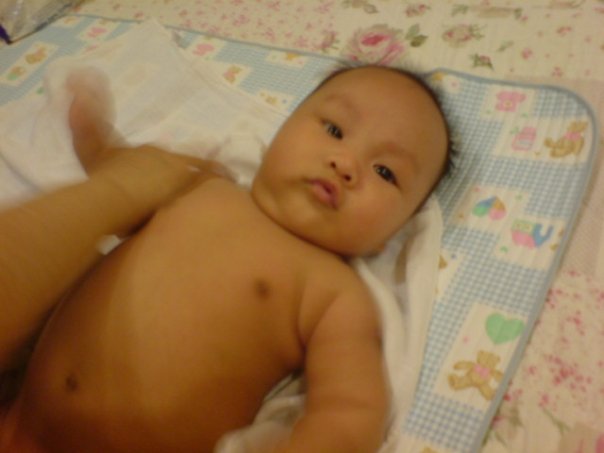
Ayub’s baby pictures are all blurred because his arms and legs are constantly moving. Fatty bom bom.
Once he learned how to crawl, he was gone. He’d just sprint crawl all over the house. When he could finally walk at 1 year old… that was end. Run off in a million different directions. You couldn’t take your eyes off him or you would definitely lose him.
Now he’s constantly on the move. We can be sitting, eating dinner, then he’ll suddenly be on his feet and walking around the table. If you try to talk to him, he’ll be swaying back and forth while sitting. Or twirling or rolling around the floor. Homai.
7. Difficulty in maintaining friendships with peers
In general, Ayub loves people. He’s very friendly and brave when it comes to meeting strangers for the first time. With his peers, he’s usually the first to say “hi”, shares his toys willingly, and is happy to chat and play together. But he struggles to maintain friendships. In fact, he doesn’t really understand the need for them.
As far as he’s concerned, he has Ayah, Mama, Sulaiman, and Aisha. And that’s more than enough people in his life.
Maintaining friendships require a certain set of social skills that we naturally learn from the time we’re toddlers. Learning how to take jokes, how to resolve conflicts, arguing over small problems only to be best friends again 5 minutes later, working together, sharing inside jokes, covering for each other (i.e. telling lies). Ayub doesn’t know how to do these things.
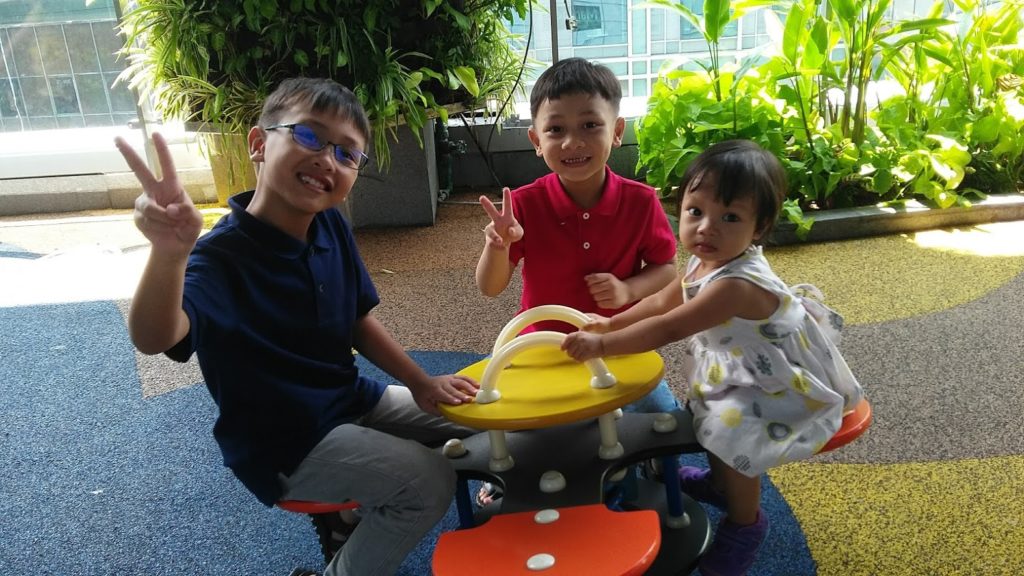
He is a very literal, very black and white, good vs evil kinda dude. He doesn’t understand sarcasm or jokes and has difficulty laughing at himself. He takes everything you say seriously. And automatically gives everyone all his trust. Once that trust is broken, it is very hard to get it back. And honestly, no child is going to put in the effort to build trust with a peer.
So Ayub will have a friend for a week in school, then they will play a joke on him and he’ll be so upset and angry that he will never speak to them again.
His lack of communication skills and inability to pick up non-verbal cues also makes socialising all the more difficult. He prefers hanging out with younger children. Their emotions are easier for him to understand, their needs far more basic. As we get older, we tend to over-complicate things and get more complex, there are deeper levels of context to what we say, how we act, and the way we think. Ayub remains pure and good and kind.
Conclusion?
There’s no conclusion to this. Every child will display different “symptoms”. Autism is a spectrum, no two people on the spectrum are exactly alike. There’s an overlap between symptoms of different disabilities. The diagnosis is not as important as the subsequent therapy and support your child needs.
If you suspect your child is on the spectrum or has any kind of special needs, please bring them to a specialist to be assessed. If the assessment is not what you expected, get a second opinion. Ayub went to two different hospitals, three private centres, saw dozens of different specialists, got misdiagnosed then correctly diagnosed. It took years but he’s in a good place now. Love and light to all special needs families out there! <3


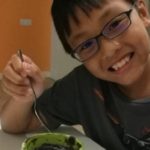

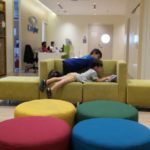
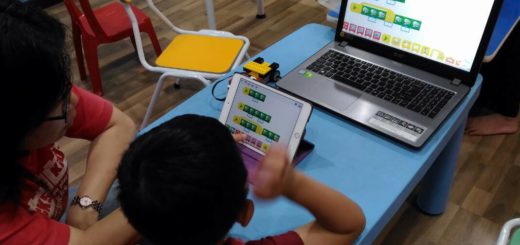
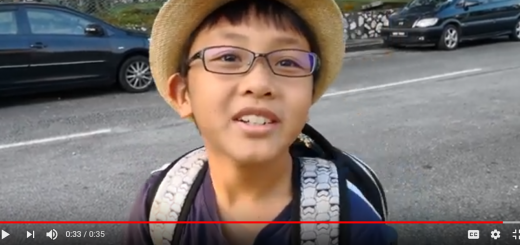
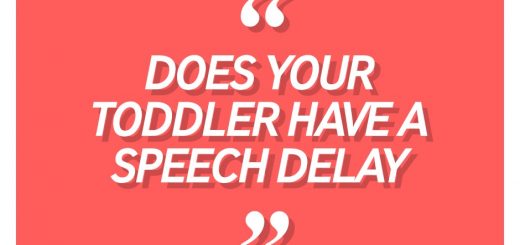

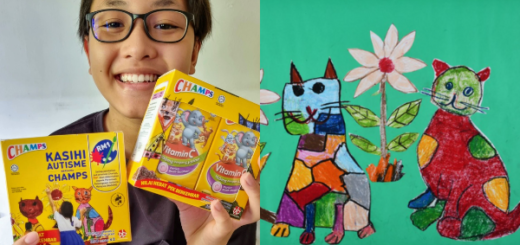

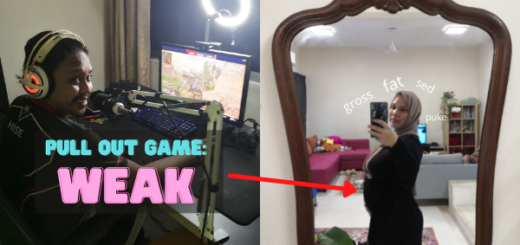
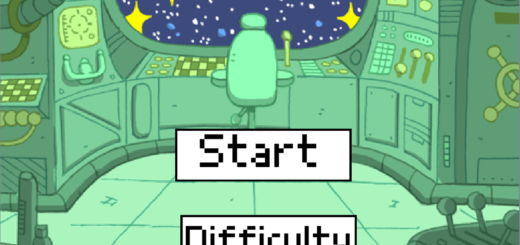



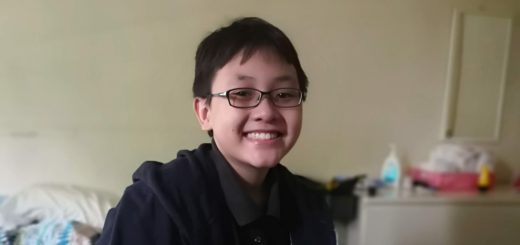
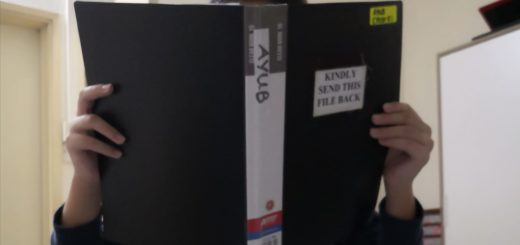

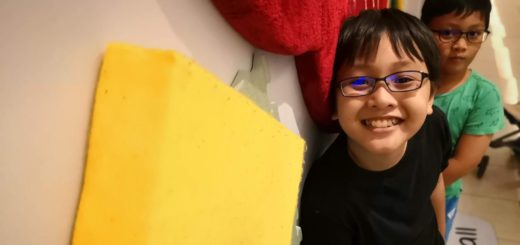

Facebook Comments